"Šarić case to open and close many questions"
Someone from the state allowed Darko Šarić to launder money, privatize companies and gain valuable real estate, and the question is who, said Nikola Selaković.
Wednesday, 19.03.2014.
12:19

"Šarić case to open and close many questions"
Selaković, who is justice minister in the technical government and high ranking SNS party official, explained that since Šarić was located an operation to arrest him was extensively prepared, and that he was "not in one location at the time he was located." Instead, said the minister, the suspect was "moving between four countries in Latin America."The arrest, Selaković told a special B92 TV program late on Tuesday, was considered "when regularity was noticed in the movements of the accused."
But Šarić then, via his lawyer, offered to surrender, Selaković explained, and added that his defense counsel addressed a letter to the Ministry of Justice, while an official note was made about it.
Šarić set two conditions for his surrender - but as thy were not related to the process that was being conducted against him, "we can say that this was unconditional surrender," said the minister, and added:
"When someone makes conditions those are mainyl related to procedural benefits. In this case we do not have any requirement of Darko Šarić to receive any benefits. The only two conditions were to come to Serbia through Montenegro, and to enable him to meet with his family and his lawyer in the international zone of the airport in Podgorica."
Selaković said that he "might have been surprised by Šarić's surrender had he not been familiar with the work of the task force to locate and arrest him." But since he saw how much work, effort and energy was invested - he was "not at all surprised by the outcome of the action."
Prosecutor Miljko Radisavljević took part in the same broadcast to say that "this was definitely an arrest, not surrender of Šarić."
"For me, the news is about Darko Šarić being in the Detention Unit of the Special Court, regarding the charges against him filed by the prosecution. That's what makes me happy today as the prosecutor," said Radisavljević, adding he was "not surprised by Šarić's surrender as one could assume that we would have this kind of epilogue."
The prosecutor pointed out that at present there are 15 persons accused of smuggling cocaine who are still at large, as well as three accused of money laundering, and said that was why he does not come out in public with information about where Šarić was hiding all these years.
Radisavljević, however, said that "Šarić will certainly be talked with about how he disappeared from Serbia, where he was hiding, who helped him and whether he had logistical support."
"We will try to find out all the details related to the financing, the network that supported his hiding, and anything else that can cause us to initiate criminal proceedings against those who have been hiding him, because it is a criminal offense," he said.
Selaković said that the U.S. DEA had been one of the key partners in the operation to locate and arrest Šarić, but there was cooperation with the agencies of other countries and regions.
"Services from those countries where processes against Darko Šarić's gang are ongoing were at the forefront. Finally, our organs together with the organs of Montenegro carried out the action," said Selaković and dismissed speculation that the Serbian MUP was in fact left out, "as it was the MUP that worked on this case for the last four years, while the BIA gave it its final seal."
Asked whether he "trusted" the Serbian Interior Ministry (MUP), Selaković posed his own question: how he could be a minister if he did not trust such an important state organ.
Radisavljević reminded of the fact that the prosecution to date issued 13 indictments against members of the Šarić group - six for cocaine smuggling and seven for money laundering. He explained that all charges related to cocaine smuggling were merged into one, and all charges of money laundering into another procedure, so that Šarić and his criminal group are facing two parallel trials.
Selaković said that Darko Šarić "undoubtedly has some crucial information that could be revealed after his arrest."
"Organized crime is the type of crime that involves collusion of an organized criminal group and some parts of the state. What is exceptionally important in this case is that a huge amount of money was laundered in Serbia, and in Montenegro. Someone enabled the money laundering to take place in Serbia and the question is who? It is impossible for someone to throw in so much money, and for no one to ask where it came from. This is a process that will obviously open and close many things."
The minister recalled that "a lot of real estate" was seized from suspects from Šarić's group, as well as land bought "in villages nobody had heard of, until it would be learned that a highway or other major infrastructure projects would be built there, from which the owners of the land acquired material gain through expropriation." Selaković said that such a maneuver could be done "only with the help of someone from the state."
Selaković also stated that it was "a fact that a large number of companies was bought" and that many of them failed. "What we want to know is if someone helped. And if so, who they are," he said.
"One part of the political story has been brought to an end. Excellent cooperation between Serbia and Montenegro gave the result. In one period there were rumors that Montenegro had a role in hiding Šarić. And I think that part of the story has been brought to an end," he said, adding that "we will answers other questions when Šarić decides whether to talk about it."
Commenting on the questioning of the former chief of cabinet of Interior Minister Ivica Dačić, Branko Lazarević, and speculation about possible links between Dačić as prime minister and interior minister with the Šarić criminal group, Selaković said it was "all on the level of assumptions," and that answers to these questions "can only be given by Šarić."
"We can only guess. You yourself have said this was about the period of the election campaign, and then the media can be spinning a variety of topics. If we said that the first police activity occurred some 13, 14 years ago, and now you're targeting one political party and one leader - well you have a much longer period before that, when other parties were in power and nothing is mentioned," said Selaković.
"Therefore, this did not happen overnight, it's not as if somebody brought some 20 to 30 million euros and bought everything he bought. You said it yourself that the acquisition of citizenship in 2005 was symptomatic. I am confident that we will obtain answers to these questions in the course of the proceedings," he said.
Radisavljević said that "we cannot speak of any kind of pressure, including political, when it comes to managing this process."
"I am under the impression that sometimes the media and the public do not accept that with true understanding. Where would this pressure come from - from the current, former, previous government? Why do we not talk about some other pressures? Why do not we not talk about threats to the people who run this procedure. There is no political pressure and I do not feel endangered security-wise, because otherwise I would seek protection," stated Radisavljević.
He noted that threats were sent to the deputy prosecutor who works on the case, and that the BIA and the Interior Ministry were informed.
Selaković and Radisavljević and did not wish to confirm speculation in some media that Šarić was arrested in Venezuela.












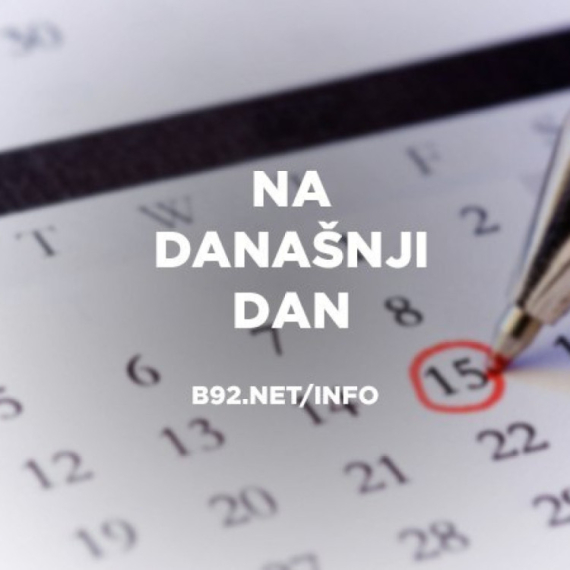
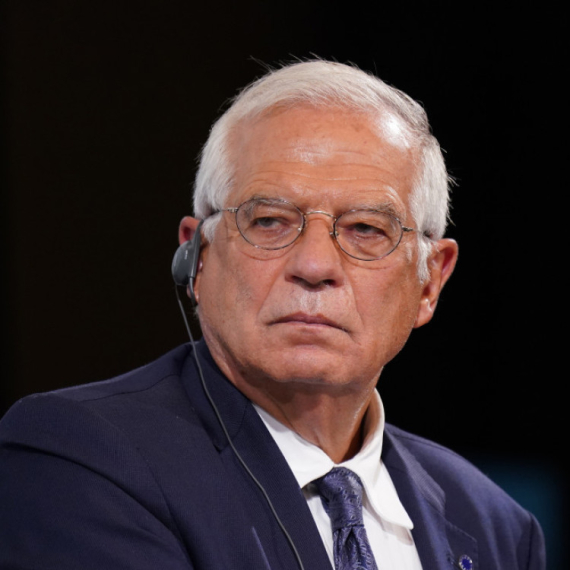
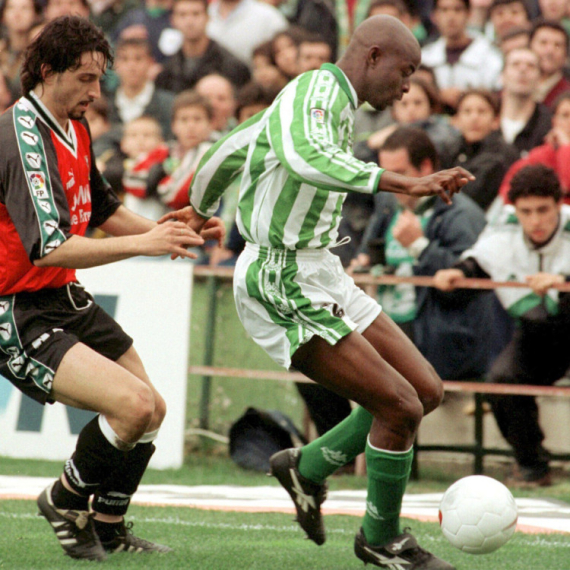

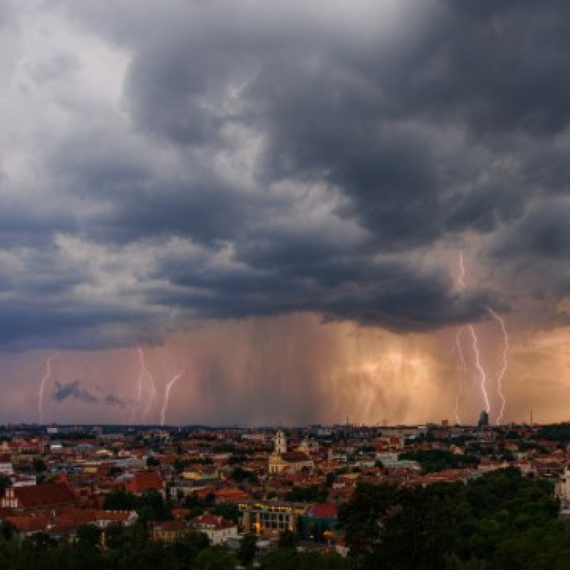

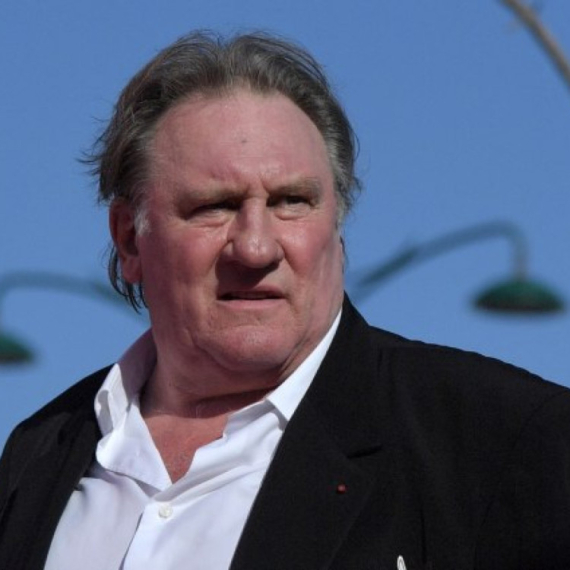


















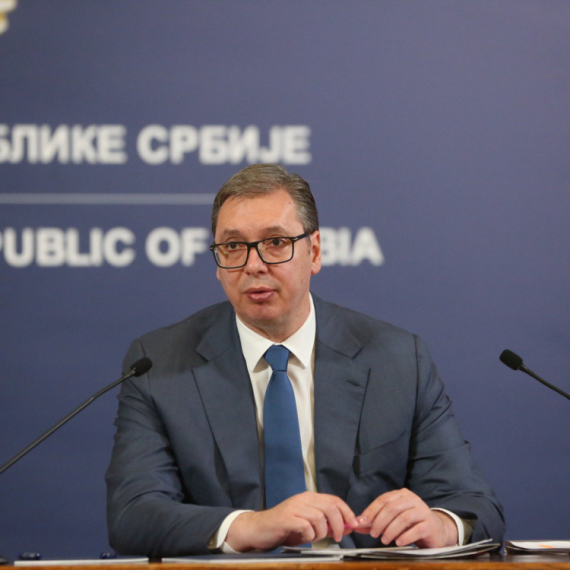




















Komentari 3
Pogledaj komentare